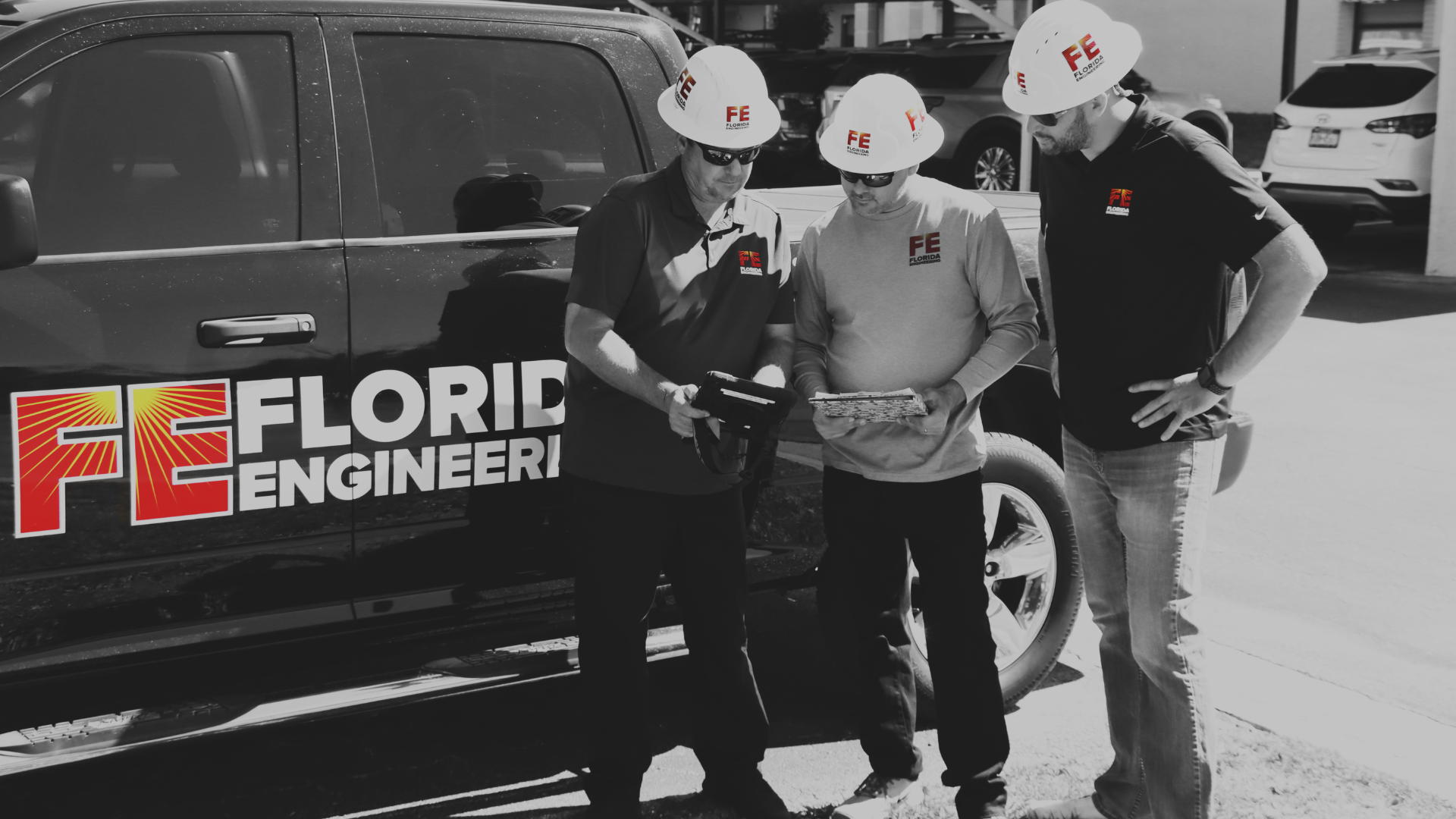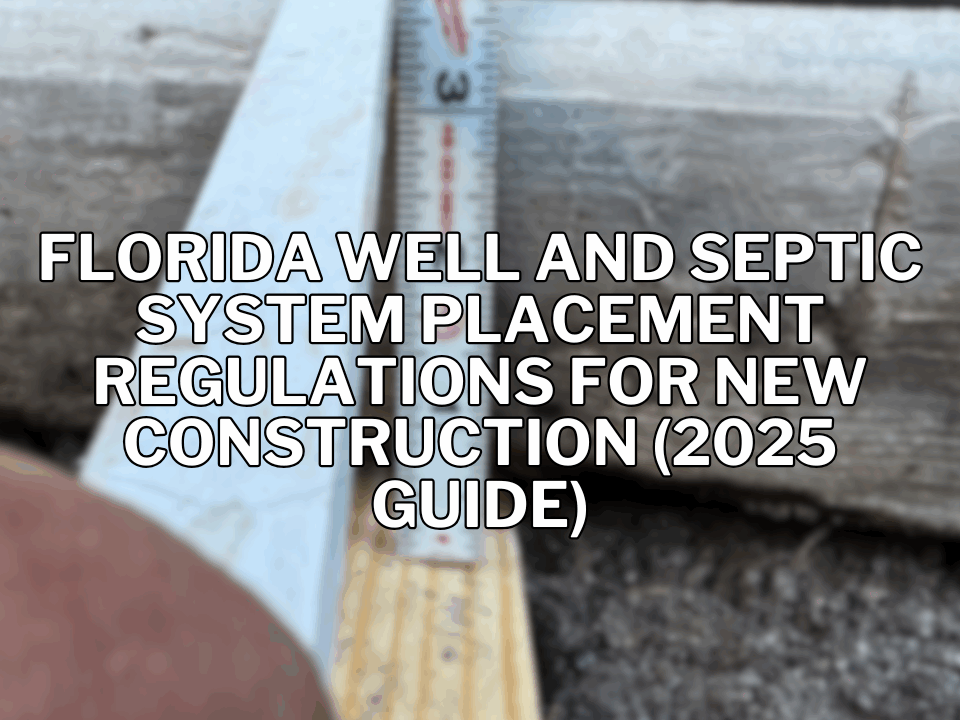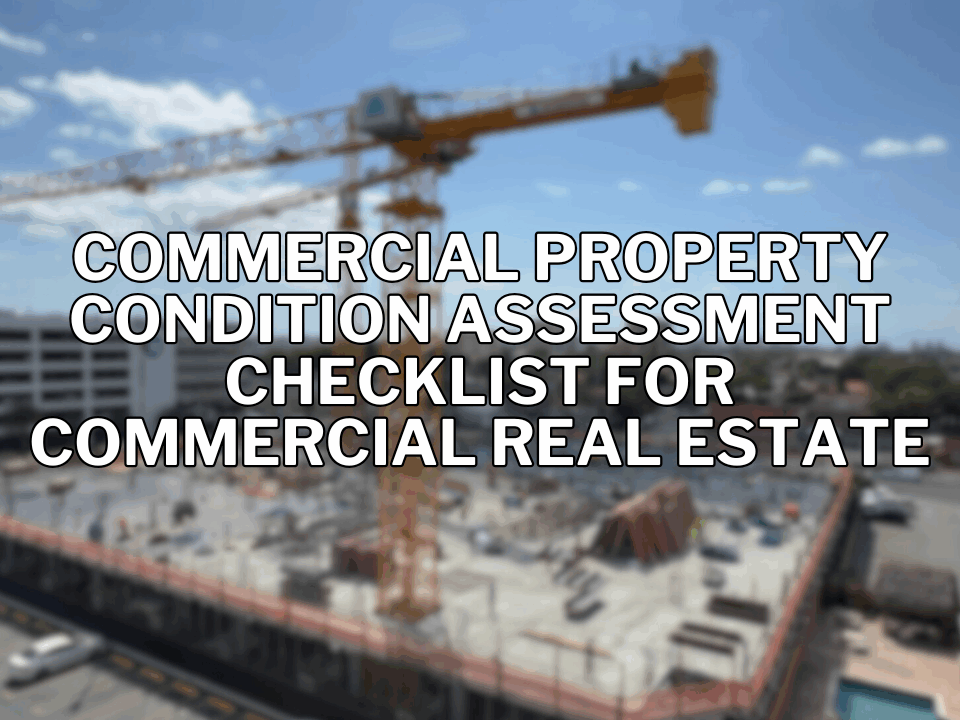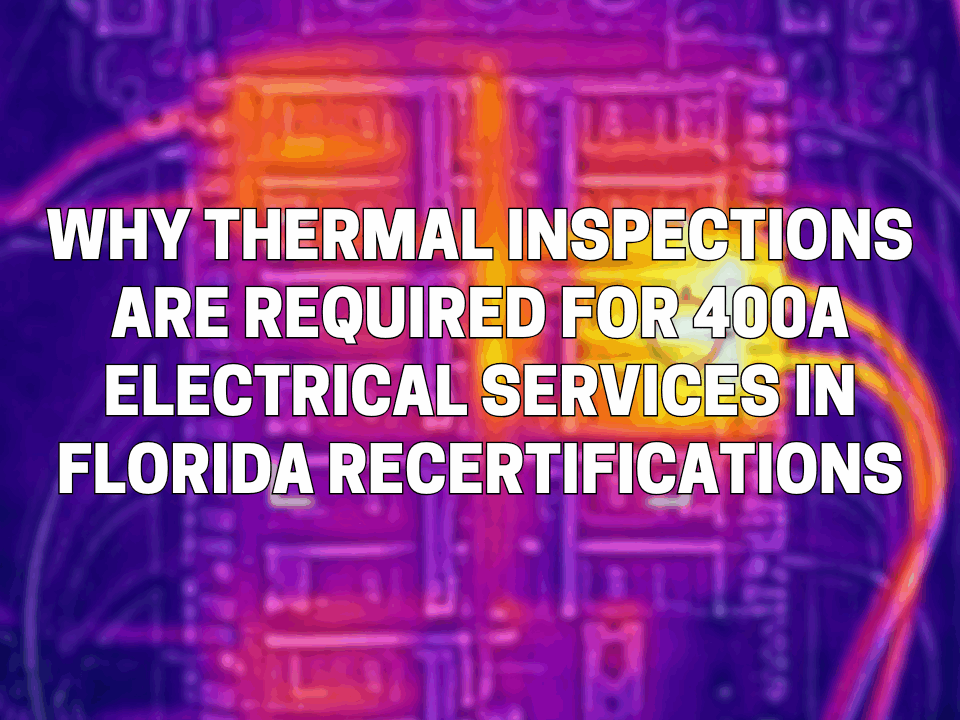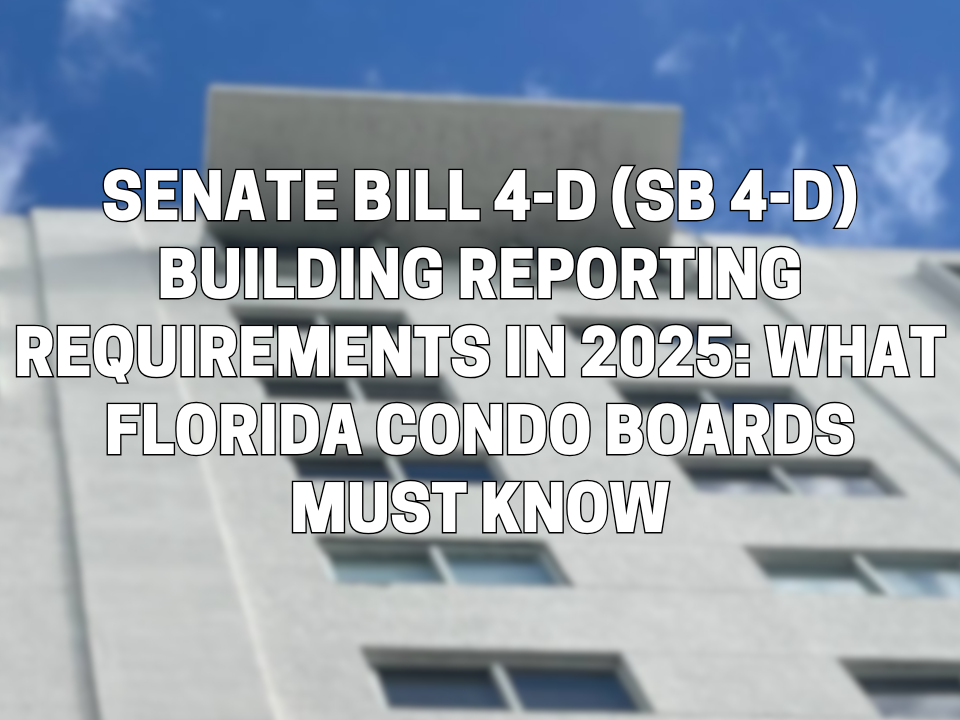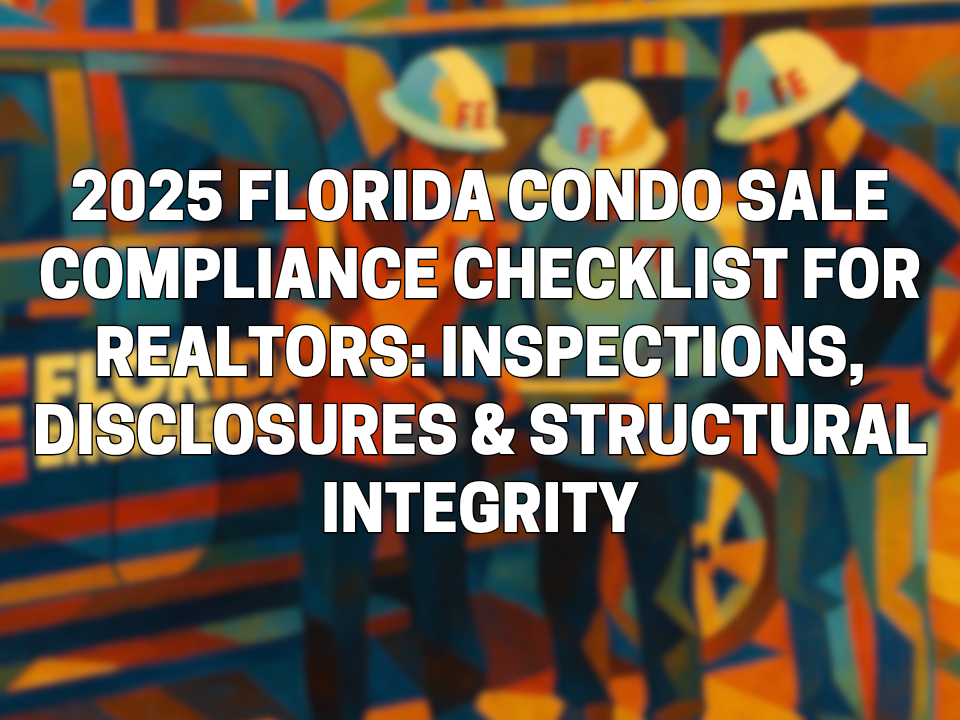
Milestone Inspections - Building Safety Inspections
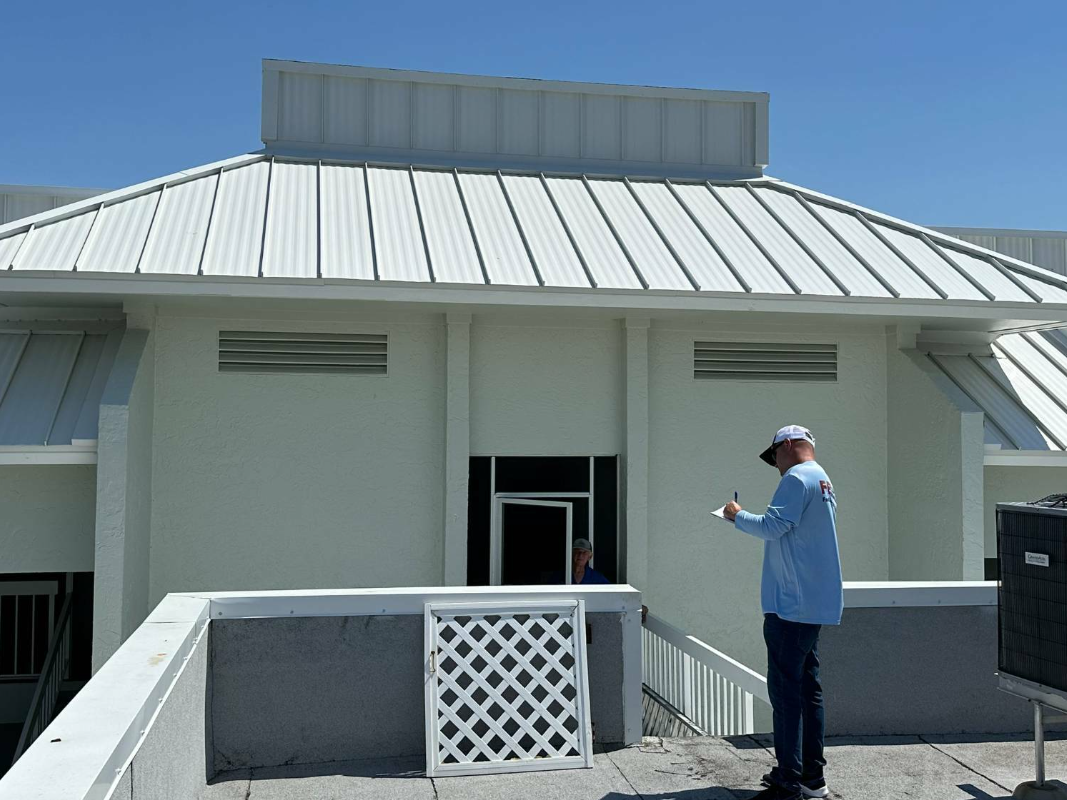
Florida Engineering: The Key to Compliant Milestone Inspections & Repairs
Unlike many other firms in the Milestone Inspection sector, Florida Engineering (FE) stands out with over 35 years of experience as a licensed Professional Engineer and Threshold Building Special Inspector (SI). Compliance with Florida’s stringent building regulations is essential, especially when it comes to Phase II repairs and re-inspections. The state mandates that these critical tasks be performed by a registered SI. Choosing a firm without this specialized certification could result in a non-compliant inspection as the December 31, 2024, deadline quickly approaches.
What is a "Milestone Inspection" in Florida?
On May 26, 2022, a significant milestone was reached in building safety, thanks to Governor Ron DeSantis signing CS for CS for SB 154 (2023 Legislature), introduces several significant changes to Florida Statute 553.899.
This pivotal legislation mandates structural integrity assessments, known as "Milestone Inspections", for condominiums and cooperative buildings 25 or 30 years old, with three or more stories. These vital inspections, performed by licensed architects or engineers, are crucial for ensuring the safety and structural integrity of buildings throughout Florida.
At Florida Engineering LLC, we're poised as your Milestone Inspection experts. Our expansive network of seasoned, licensed engineers and architects across the state ensures your peace of mind through streamlined processes, quick turnaround, and strict compliance, no matter where you are in Florida. Trust us to be your reliable partner in navigating these essential safety requirements with expertise and efficiency.


Why is a Milestone Inspection in Florida Important?
The Florida condo milestone inspection stands as a sentinel for safety and compliance. This inspection is instituted by the Florida Statutes section 553.899. It’s a rigorous inspection for buildings, especially condominiums and cooperatives that are three stories or higher.
Why is this important? It’s about the safety and durability of the structures Florida residents inhabit. These structures become susceptible to wear and tear with age, potentially compromising their structural integrity. This is especially important here in Florida with the harsh weather and tropical storms we are battered by yearly. That’s where the milestone inspection intervenes!
Based on the certificate of occupancy date, buildings are mandated to have their initial milestone inspection around the time they turn 30. And this isn't a one-time event, a subsequent inspection every 10 years ensures the building remains at its prime.
However, it's essential to note that not every structure in Florida needs this inspection. Single-family, two-family, or structures with three or fewer habitable stories above ground are exempt.
What's the Difference Between a Phase 1 and a Phase 2 Inspection?
Understanding the inspection process is crucial. The process is broken down into two distinct phases:
Phase 1: This is the primary line of defense. Licensed Florida engineers delve into a comprehensive visual examination of your building. Beyond just a cursory look, they assess both habitable and non-habitable areas, focusing on the building's backbone - its major structural components. The aim is to vouch for the building's structural soundness, ensuring it poses no risks to life or safety. But remember, it’s not about current building or fire safety codes. It’s about the overall health and stability of the structure. If all is well and there are no red flags, the inspection concludes here.
Phase 2: Think of this as the deep dive. Phase 2 is more intensive and only invoked if Phase 1 identifies substantial structural concerns. It involves potential tests that can be both non-destructive and destructive. This phase’s objective is to gauge the full scope of structural distress and create a roadmap for the necessary repairs.


What Happens After Your Inspection is Complete?
What comes after we finish your milestone inspection in Florida? After we've delved deep into the structures, assessing and analyzing, we share our findings.
Whether it’s the Phase 1 or the more intensive Phase 2, we provide a comprehensive, detailed report, bearing the seal and signature of our licensed Florida Engineer.
This document offers insights into your building’s structural conditions and potential areas of concern. And as per regulations, the association is also in the loop. A summary of our report can be shared with every condo unit owner. This collective approach ensures everyone is informed and aware, making the community a safer place.
How to Prepare for a Milestone Inspection
Preparation is key to ensuring a smooth and successful milestone inspection. Property managers and owners should begin by gathering all building records, including maintenance logs, structural reports, and renovation histories. It's also important to inform tenants about the inspection, its purpose, and how it may affect their daily lives.
Key Points:
- Before the Inspection: Ensure complete building records are available and accessible. Have any previous inspection or repair documentation ready.
- During the Inspection: Provide clear communication with tenants, advising them on what to expect and how the inspection might impact their routines.
- Post-Inspection: After the inspection, follow the guidance provided in the report. If repairs are necessary, work closely with licensed professionals to complete them promptly and in compliance with Florida law.
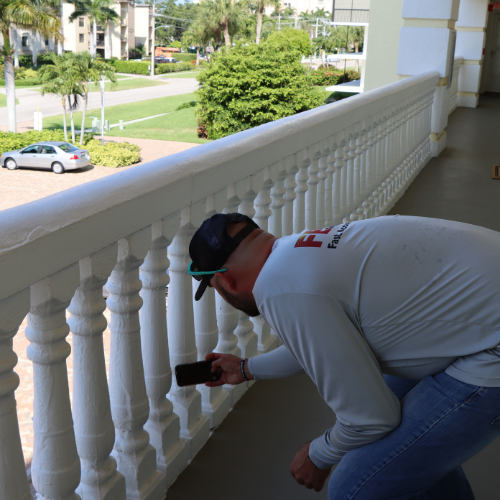

What Types of Buildings Require Milestone Inspections?
In Florida, milestone inspections are legally required for specific types of buildings to ensure they are safe for occupants. According to Florida law, condominium and cooperative buildings that are three stories or higher must undergo these inspections. The law mandates these inspections to assess structural integrity, especially for aging buildings that could pose risks to residents.
Key Points:
- Milestone inspections are required for condo and cooperative buildings of three stories or more.
- Triggers for inspections include building age (25-30 years old) and significant weather events such as hurricanes.
- Frequency: After the initial inspection, periodic inspections are required every 10 years to ensure ongoing safety and compliance with state regulations.
Frequently Asked Questions (FAQs) - Milestone Inspections
The Choice Is Clear
Choosing Florida Engineering means Fast. Accurate. Reliable. Results Everytime.
Top in the Industry
Over 125 Years of Experience
State-Wide Licensing
Florida Counties
Commitment to Excellence
States and Growing
Why FE Is Your Ideal Partner for Milestone Inspections
With FE, you’re not just getting an inspection—you’re gaining peace of mind. Our seasoned team brings unparalleled experience in both Milestone Phase I & II Inspections and the required Phase II repairs. We offer complete oversight, from creating repair plans to re-inspecting your building to ensure it meets state standards.
Comprehensive SIRS and Reserve Studies by Industry Veterans
Our expertise doesn’t stop at inspections. FE has vast experience performing Structural Integrity Reserve Studies (SIRS) and Reserve Studies (RS). With decades of experience in these fields, our team can assist in assessing the long-term needs of your property and help develop sustainable plans for future repairs and maintenance.
Statewide Reach with Proven Expertise
Florida Engineering operates across the entire state of Florida, making us a trusted partner for management groups with multiple locations. Our experience spans everything from high-rise condos to Threshold Buildings, providing tailored solutions that meet your specific property requirements, no matter the size or complexity.
Your One-Stop Solution for Milestone Inspections, SIRS, and Reserve Studies
By choosing Florida Engineering, you’re choosing a dedicated team capable of handling everything from initial Milestone Inspections to Phase II repairs and re-inspections. Our licensed SI and PE engineers ensure that your buildings comply with Florida’s building safety regulations—without the worry of non-compliance.
Get in touch with us today and let us help ensure the safety, compliance, and longevity of your buildings.


